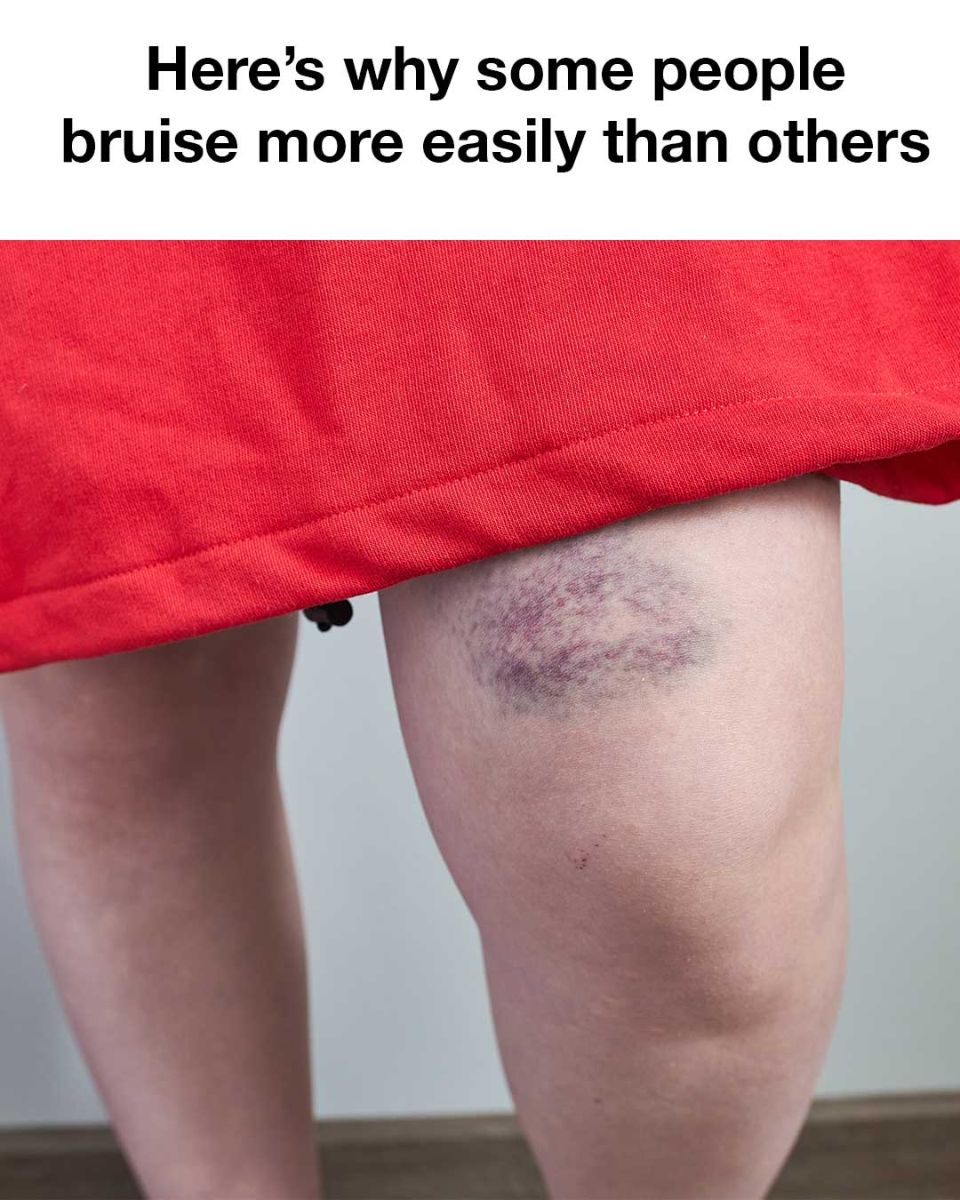Have you ever wondered why a gentle tap can leave you with a colorful bruise while others seem immune to such marks? The phenomenon of easy bruising is a common one, often sparking curiosity and concern. This article delves into the intricate reasons behind this perplexing issue, shedding light on the scientific factors at play.
Understanding the Science Behind Bruises
A bruise, medically termed a contusion, is essentially a visible sign of internal bleeding. When tiny blood vessels, or capillaries, rupture due to an impact, blood seeps into the surrounding tissues, creating the familiar purplish discoloration. However, the propensity for bruising varies significantly from person to person.
Age: A Contributing Factor
As we age, our skin undergoes a natural transformation. It thins, losing the protective cushion of fatty tissue that safeguards delicate blood vessels. This age-related change, coupled with a decline in collagen—the protein responsible for skin’s elasticity—renders older individuals more susceptible to bruising.
Genetics: Nature’s Role in Bruising
Family history often holds clues to our susceptibility to easy bruising. If your relatives tend to bruise easily, chances are you might share this trait. Genetic predispositions can influence platelet function and the blood clotting process, impacting bruise formation.
Health Conditions and Medications: Potential Culprits
Certain medical conditions, such as anemia, hemophilia, and other bleeding disorders, can increase the likelihood of bruising. Additionally, medications commonly used to thin the blood, like anticoagulants and aspirin, can elevate bruise risk by interfering with the clotting process.
👇 To continue reading, scroll down and click Next 👇
ADVERTISEMENT

